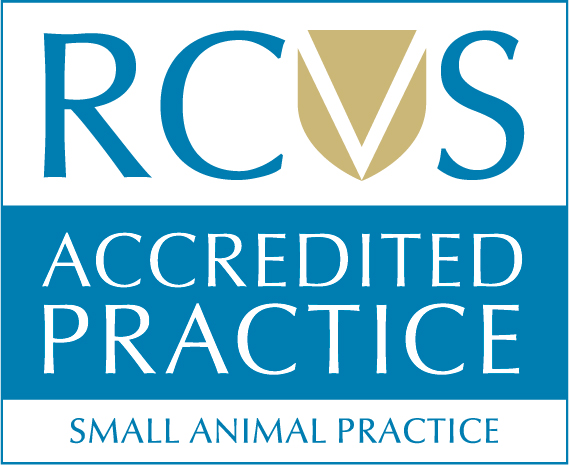It is important that all dogs, cats and rabbits are vaccinated. A general health check is carried out at every vaccination appointment.
Dogs
At Swanscombe, Meopham, Sevenoaks and Tonbridge, we use a combined vaccine providing protection against Para influenza, Leptospirosis, Distemper, Hepatitis and Parvovirus.
Puppies
1st Vaccination from 8 weeks of age, 2nd Vaccination from 10 weeks. The puppy will have active immunity 2 weeks after their 2nd vaccination. The second vaccination must not be given more than 28 days after the first.
Adults
Annual boosters are required to maintain immunity.
Every year: Leptospirosis
Every 4 years: Distemper, Hepatitis, Parvovirus and Para influenza
This protocol ensures adequate protection against these serious diseases, whilst minimising the chance of any potential side effects.
We also recommend vaccinating against kennel cough annually. A single dose of the vaccine is administered into the dog’s mouth, onto the gums. Kennel cough is a form of infectious bronchitis and can be contracted by contact with an infected dog.
Cats should be routinely vaccinated against the following diseases: Cat Flu (feline rhinotracheitis), Feline Enteritis (panleucopenia), Calicivirus and FeLV (leukaemia).
At Swanscombe, Meopham, Sevenoaks and Tonbridge we use a combined vaccine providing protection against all of the above.
Kittens
From 9 weeks of age, 2 vaccinations 3 weeks apart. Following this, annual boosters are required to maintain immunity.
Adults
Annual vaccinations against Cat flu, feline enteritis and FeLV are required to maintain immunity.
Rabbits
Rabbits need to be vaccinated against two different diseases, Myxomatosis and Viral Haemorrhagic Disease. Viral Haemorrhagic Disease has two main strains that can cause disease and therefore rabbits should receive vaccinations for both Type 1 and Type 2. We are now using a vaccine that covers for all of these conditions in one dose.
Vaccination in a young rabbit who has never been vaccinated before requires one vaccine to be given anytime from 5 weeks old, this vaccine lasts one year and therefore they should have a booster vaccination annually.
Previously, to cover for all the diseases and strains above, two different vaccines had to be given. If your rabbit has previously been vaccinated with both of the old vaccines (usually given at a two week interval), then you can move across to the new combined vaccine at their next booster.
However, if your rabbit has only ever received one of these vaccinations, they need to receive the separate vaccines before they can then start using the combined vaccine. This is to ensure that they get full immunity, otherwise they are still at risk from these diseases. They can then receive the combined vaccine at the following annual booster.
Unfortunately both Myxomatosis and Viral Haemorrhagic Disease are very often fatal therefore it is very important to keep up to date with vaccinations to decrease the chances of contracting either of these diseases.
Rabies
If you want to travel with your pet, your pet will need to have a rabies vaccination, animal health certificate and will also need to be microchipped. Please see our section on Animal Health Certificates for more information.
Practice policy for vaccinating litters of puppies
If you are an existing client of the practice and present with more than two litters in a twelve-month period, you must supply a copy of your Local Authority Breeding Licence. We will keep a copy of this on your file with us.
If you are a new client registering with us and are presenting a litter of puppies for vaccination then please be aware you will need to bring proof of identification to your first appointment with us. This may be in the form of a driving licence or passport AND 2 x utility bills.
If you are a new client presenting puppies to us (as above) and do not have a breeding licence then you will also need to bring the bitch along to the appointment with the puppies receiving their first vaccination. The bitch will be scanned for a microchip and this will be recorded within the puppies’ notes.
The above principals also apply to cat litters.
Footnote: If 3 or more litters are bred on a single premises in a year then a breeding licence is required.
